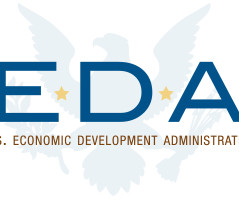U.S. Economic Development Administration (EDA) Reauthorized
Community and Economic Development Program of UNC
MARCH 4, 2025
Allows for consideration of the extent to which projects awarded Public Works grants mitigate the impacts of extreme weather events, support outdoor recreation, and promote blue economy activities. Currently, two EDA University Centers operate in North Carolina: one at Fayetteville State University and another at UNC-Chapel Hill.















Let's personalize your content